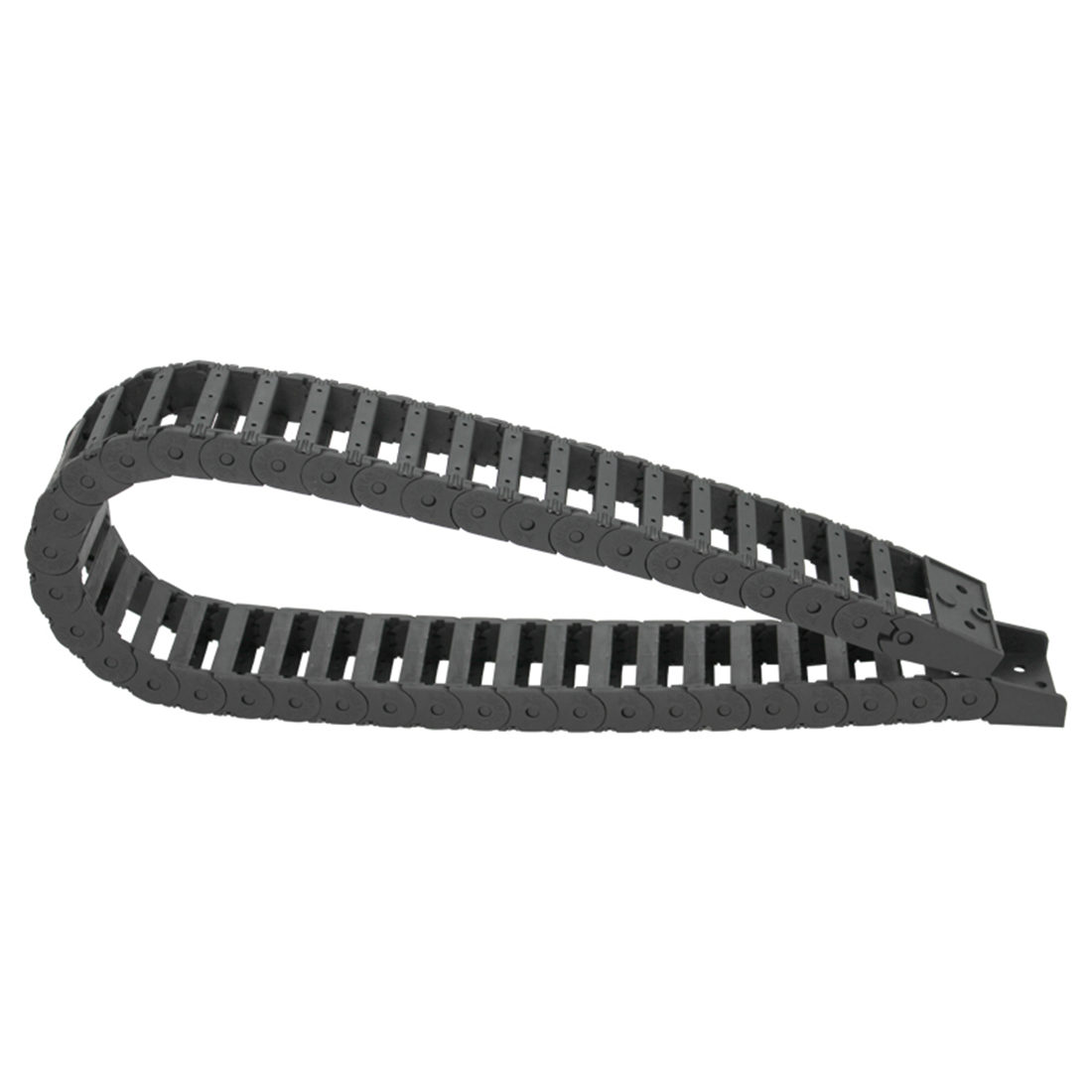electrical cable chain
Understanding Electrical Cable Chains A Key Component in Modern Automation
In the world of automation and machinery, the efficient management of electrical cables is crucial. One of the most innovative solutions for this task is the electrical cable chain, also known as a cable carrier or drag chain. These specialized components are designed to protect and organize cables while allowing them to move freely in various industrial applications.
What is an Electrical Cable Chain?
An electrical cable chain is a flexible conduit that houses electrical cables and hoses, preventing them from tangling or falling during operation. Typically used in robotics, CNC machinery, and conveyor systems, these chains provide a structured path for cables, ensuring that they remain accessible and well-protected from environmental hazards. Made from durable materials such as plastic, steel, or aluminum, cable chains are engineered to withstand the rigors of dynamic motion.
The Importance of Cable Chains in Automation
Cable chains serve several important functions in automated systems. One of the primary advantages is enhanced mobility. As equipment components need to move relative to one another—whether in a linear path, rotational motion, or multi-axis movements—cable chains ensure that electrical cables and hoses are not subjected to excessive stress or strain. This mobility reduces wear and tear on cables, consequently prolonging their lifespan and reducing maintenance costs.
In addition, cable chains contribute to safety in the workplace. By keeping cables organized and confined within a protective channel, the risk of tripping accidents or equipment damage is significantly reduced. Furthermore, they facilitate a cleaner and more orderly workspace, allowing for better visibility and easier access to components during maintenance checks.
electrical cable chain

Design and Customization
Cable chains come in various sizes and configurations, making them adaptable to different applications. Manufacturers often offer customizable solutions, allowing for the creation of cable chains that meet specific requirements in terms of length, width, and internal capacity. This customization is particularly useful in industries where precision and efficiency are paramount.
The design of an electrical cable chain may also include features such as wear strips or inserts to reduce friction and enhance durability. Additionally, they can be equipped with end connectors and brackets to secure them to machinery or workstations effectively.
Future Trends and Innovations
As technology continues to advance, the design and functionality of electrical cable chains are also evolving. Innovations such as smart cable chains that integrate sensors for monitoring wear and tear, as well as those made from lightweight composite materials, are becoming increasingly popular. These advancements aim to improve overall performance, energy efficiency, and adaptability to future automation needs.
Conclusion
In conclusion, electrical cable chains are indispensable components in the realm of automation, offering a reliable solution for cable management. Their ability to enhance mobility, ensure safety, and provide customization options makes them an integral part of modern manufacturing and industrial processes. As technology progresses, the continued evolution of cable chains will undoubtedly play a key role in driving efficiency and innovation across various sectors.








